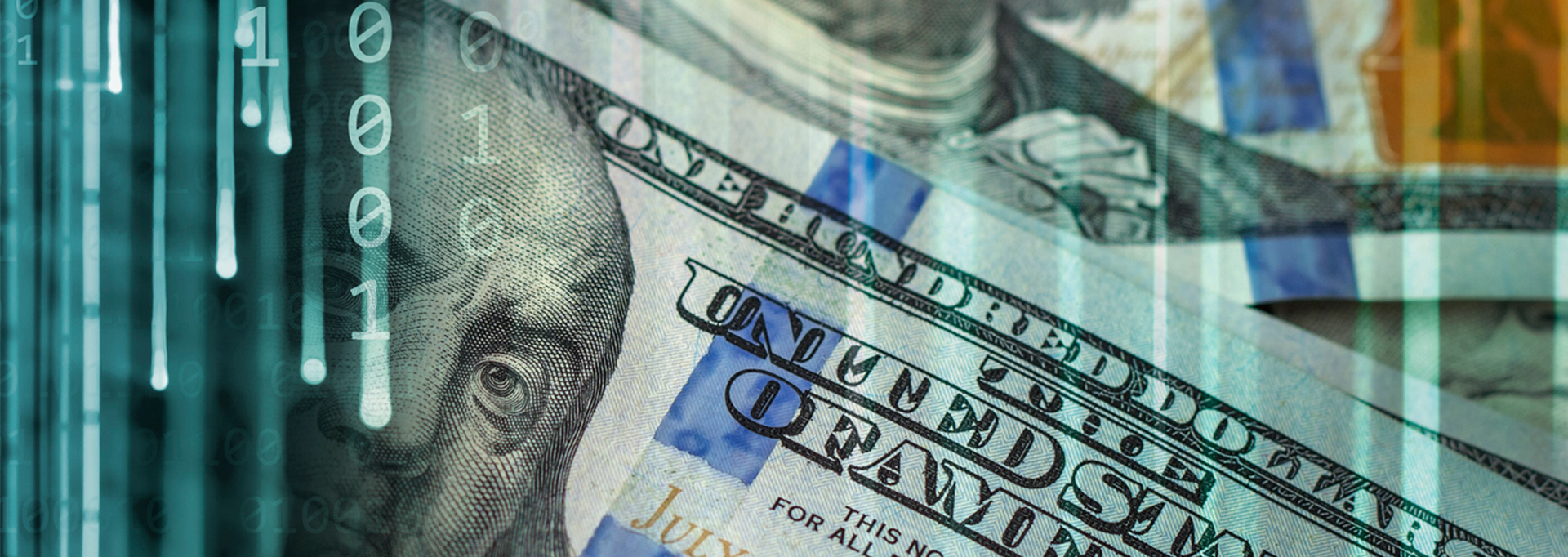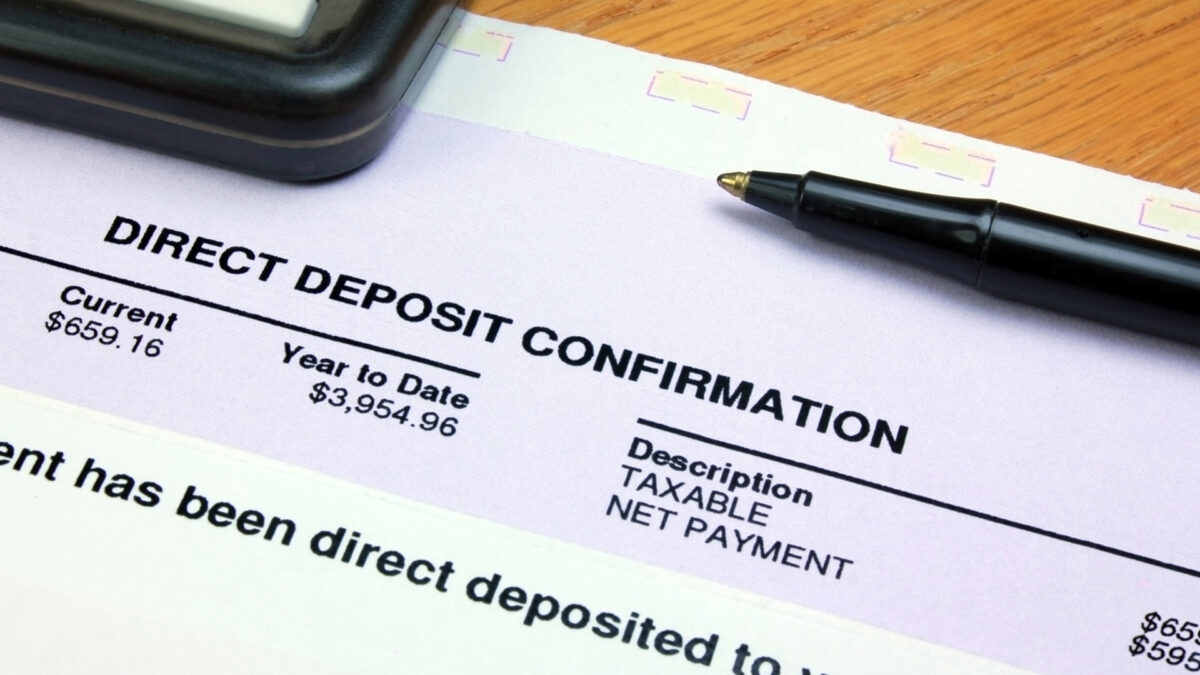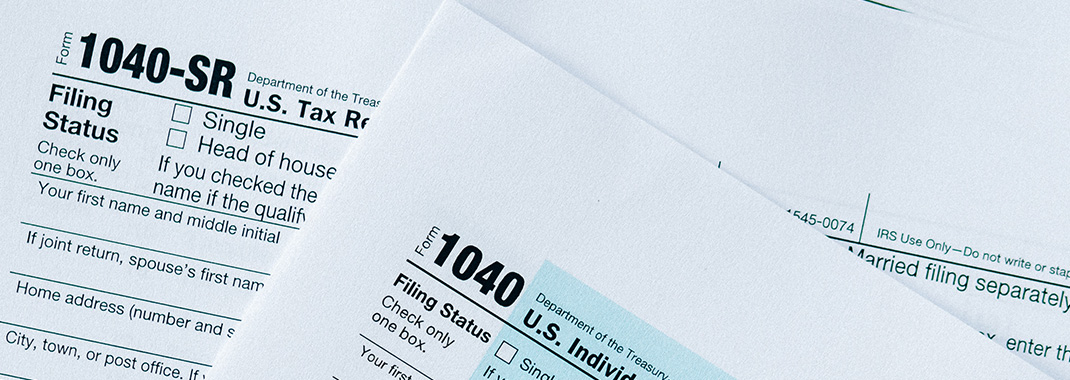Most products on this page are from partners who may compensate us. This may influence which products we write about and where and how they appear on the page. However, opinions expressed here are the author's alone, not those of any bank, credit card issuer, airline or hotel chain. This page may include information about American Express products currently unavailable on Slickdeals. American Express is not a partner of Slickdeals.
You may not be familiar with ACH transfers, but there's a good chance you've sent or received payments through the ACH network. ACH transfers or payments are one of the most used methods of moving money electronically. In the third quarter of 2022 alone, the ACH Network processed 7.6 billion payments valued at $19.2
Common ACH payments include direct deposit checks people receive from their employees each pay period and recurring online bill payments people send to lenders, insurance companies and other
In this guide, we'll walk through the ins and outs of ACH transfers, how they work, any costs involved and other important information you should
What are ACH Transfers?
ACH transfers are the movement of money over the Automated Clearing House (ACH) network. Also called ACH payments, they are electronic fund transfers between banks and other financial institutions. A non-profit organization known as Nacha manages the Automated Clearing House, governing how funds are disbursed or settled among network users. ACH transfers include some bank transfers, person-to-person payment apps, electronic paychecks, online bill pay services and
Types of ACH Transfers
There are two primary types of ACH transfers — ACH debits and credits.
ACH debits occur when the ACH network pulls funds from an account that the requestor doesn't control. An example of this is a preauthorized bill payment such as a monthly mortgage or auto loan payment.
ACH credits occur when an originator pushes funds to another account, such as a direct deposit paycheck from an employer or government
How Do ACH Transfers Work?
ACH payments are sent electronically through an ACH network. The transaction instructs banks or other financial institutions to debit or credit another bank account based on the account and routing numbers provided.
Financial institutions send messages to ACH network operators through specially-formatted digital batches. These bundles are then rebundled by network operators by the recipient and passed on to the corresponding recipients at dedicated intervals each business day. Message bundles contain instructions for the recipient to either credit or debit an account they control. The process is complex, with a system of checks and balances in place, so there are no direct transactions between two financial
ACH payments are often set up in advance, either with an employer or business, depending on the transaction type. Employers may require a voided check to set up a direct
ACH Transfer Costs
ACH costs can vary depending on the type and the financial institutions involved. Many banks offer ACH credit transfers between banks for free, although some may charge a small fee. Businesses are more likely to pay ACH fees than consumers. You may earn a discount by setting up ACH payments. For example, you could earn an interest rate discount by setting up automatic monthly payments on your mortgage or student
ACH debit transfers, like payroll direct deposits and bill payments, are typically free for consumers. So are person-to-person payments through third parties like Venmo and Zelle. Apps like PayPal offer free domestic transfers between people or to transfer your balance to a linked bank account, but may charge a small fee for international transfers or if the payment is business-related. With ACH debits and credits, you can often expedite payment for an
How Long Does it Take to Process ACH Payments?
ACH transfers can take several business days to complete, which is longer than other types of bank transfers like wire transfers. That's because payments the ACH network employs measures to combat fraud and money laundering when processing payments, which can slow down the process.
It also depends on the type of transfer. ACH debits or "pulls" typically occur on the next business day or a predetermined day for a recurring monthly bill payment. You can normally expect funds to be removed quickly from your bank account.
The timeframe for credit or push transfers often depends on the financial institution, but generally, transfers take up to two business
ACH Transfer Restrictions
ACH payments are a convenient way to send money or pay bills, but there are some limitations to consider.
- Transaction limits: Some banks restrict the number of monthly ACH transfers you can make. Typically, transaction limits apply to savings or money market accounts, although many banks and other financial institutions have loosened up restrictions over the past few years to give customers more immediate access to their funds.
- Cutoff times: ACH transfers are also subject to cutoff times set by banks. After a set time, ACH payments will be processed the following business day. Cutoff times can lengthen processing times considerably, especially if you miss the cut-off on a Friday evening or the day before a holiday.
- Amount limits: Banks may set daily or monthly caps on how much money you can transfer.
- International limits: Some banks may prohibit ACH transfers to banks outside the U.S. or charge an additional fee for this service.
- Insufficient funds: Your bank may stop the transaction and charge you a fee if you have insufficient funds to cover the
transfer.
Pros and Cons of ACH Transfers
Benefits
- Convenience: Banks and vendors often allow you to set up recurring online bill payments, leaving you with less work each month and one less thing to worry about.
- Security: ACH payments are encrypted and more secure than mailing a check to a person or business.
- Fees: ACH payments generally don't cost consumers anything unless you want to speed up payments through expedited services.
Drawbacks
- Limits: There could be a limit to the number of ACH payments you can make each month from your savings account, depending on where you bank. Banks may also set caps on transfer amounts.
- Penalties: You could get charged penalties or late fees by businesses if ACH payments don't go through because of insufficient funds in your account to cover recurring payments.

















